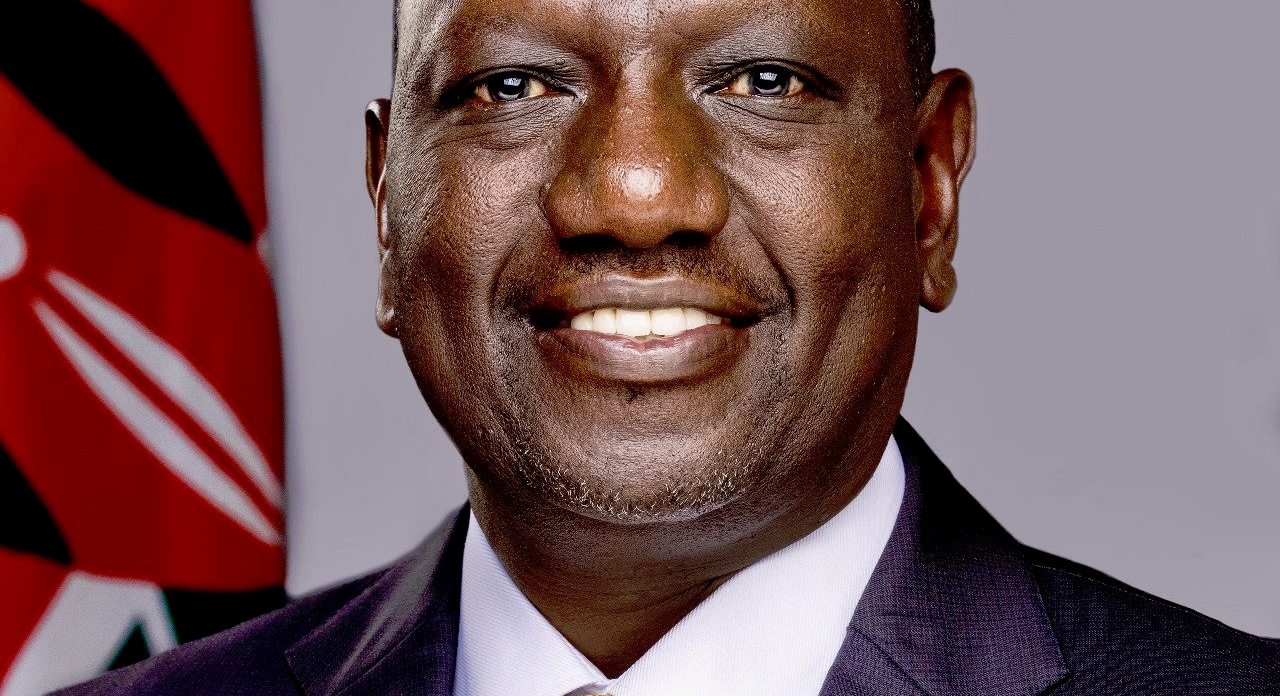The Kenyan government under President William Ruto has announced a series of bold and controversial measures in an effort to address the country's ongoing economic challenges. These actions serve as a stark warning to African leaders that they can no longer ignore the demands of their citizens, particularly the youth, who are increasingly vocal and unwilling to tolerate mismanagement and corruption.
One of the most notable decisions is the dissolution of 47 state corporations, citing overlapping mandates and the need to streamline government operations. This move is a clear acknowledgment of the bloated and inefficient bureaucracy that has plagued many African countries for decades. However, the true test will be whether these reforms are implemented with transparency and accountability, ensuring that the savings are directed towards improving the lives of the Kenyan people.
Equally significant is the withdrawal of budget allocations to the office of the First Lady and the reduction of confidential budgets in various executive offices. This sends a powerful message that the era of lavish spending and lack of accountability is over. The Kenyan citizens, particularly the youth, have made it clear that they will no longer tolerate the misuse of public funds for personal gain.
The decision to require public servants who have reached the retirement age of 60 to immediately proceed with retirement, with no extensions, is another bold step. This move aims to address the issue of entrenched bureaucracies and the reluctance of some leaders to relinquish power, even when their time has come.
The Kenyan experience serves as a stark warning to African leaders that their citizens, particularly the youth, are no longer willing to accept the status quo. The citizens must remain vigilant and hold their leaders accountable, refusing to simply vote for their political parties without scrutinizing their policies and actions. The most unfortunate of all are those who continue to support every foolish decision made against them, solely because it is their political party in power.
The Kenyan government's actions, though disruptive, demonstrate a willingness to confront the challenges head-on and prioritize the needs of the people. African leaders would do well to take heed of this lesson and implement similar reforms in their own countries, lest they face the wrath of an increasingly frustrated and empowered citizenry.
Desmond John Beddy
Sidebar
Magazine menu

 Teline V
Best News Template For Joomla
Teline V
Best News Template For Joomla
08
Sun, Sep
13
New Articles










